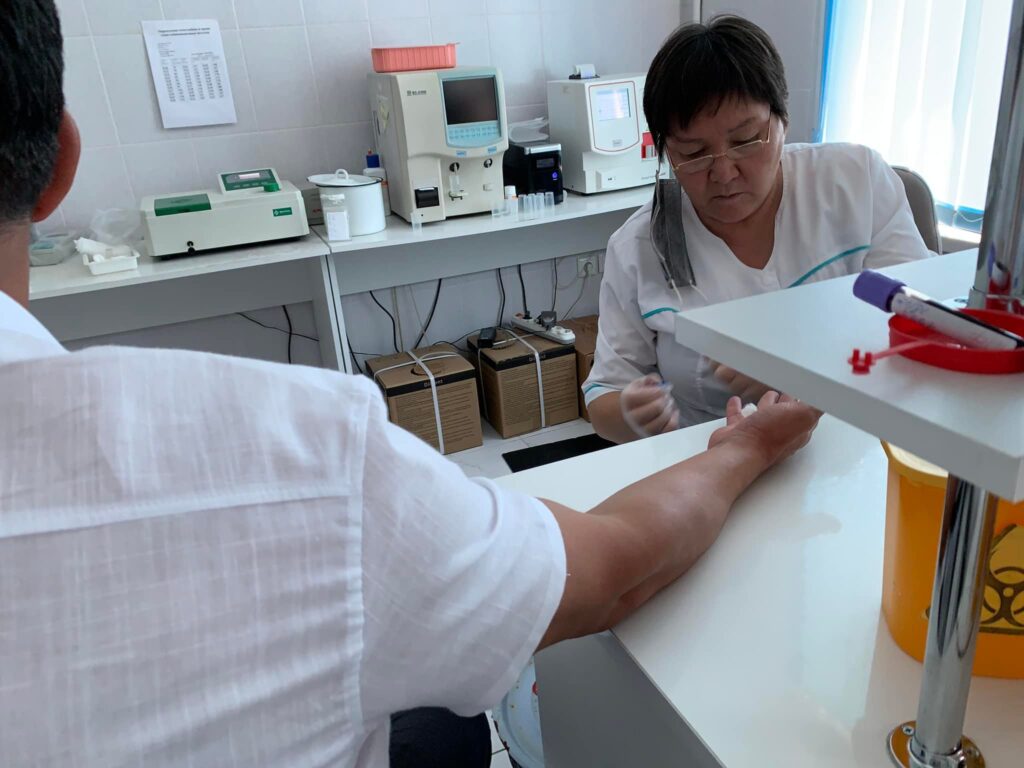Top Kyrgyz Heart Surgeon Warns of Critical Infrastructure Shortfalls Costing Lives
Prominent heart surgeon Kaldarbek Abdramanov has issued a stark warning about the dire state of cardiac care in Kyrgyzstan, stating that thousands of lives are being lost due to the lack of adequate medical infrastructure. His urgent appeal, posted on Facebook, has sparked widespread public concern. Abdramanov emphasized that while Kyrgyz cardiac surgeons have performed more than 70,000 heart surgeries since the country’s first operation in 1959, systemic failures are now threatening the field’s progress. “Although we do not yet perform heart transplants, which is every cardiac surgeon’s dream, this is due to a lack of proper infrastructure and equipment, not knowledge,” he wrote. The surgeon recalled a fire last winter at the Research Institute of Heart Surgery and Organ Transplantation, which left the facility severely damaged. Since then, staff have been working in makeshift, substandard conditions not suited for complex procedures. He criticized the international aid programs targeted at the center as largely symbolic, offering little real assistance. “We are the students and followers of the great Isa Akhunbaev. We’ve conducted 70,000 heart surgeries and perform nearly all procedures that clinics in Europe and the U.S. do. We have the expertise and the specialists, but not the environment to support our work,” Abdramanov stated. He called for the urgent construction of a new, modern cardiology complex with at least 250 beds. “Yes, such facilities are expensive. But no cost is higher than the lives of hundreds or thousands of citizens who die each year due to the absence of this kind of center,” he warned. Abdramanov also voiced frustration with foreign medical missions, accusing them of offering superficial support. “They come and perform basic surgeries that our young specialists could handle. They don’t teach us new technologies and they don’t leave behind any equipment. This is not real help,” he said. His remarks come amid political fallout in the health sector. President Sadyr Japarov recently publicly criticized Health Minister Erkin Chechebaev for failing to manage the country's hospitals effectively. The president was informed that 24 children with critical heart conditions are awaiting surgery, with three deaths reported in recent days.






